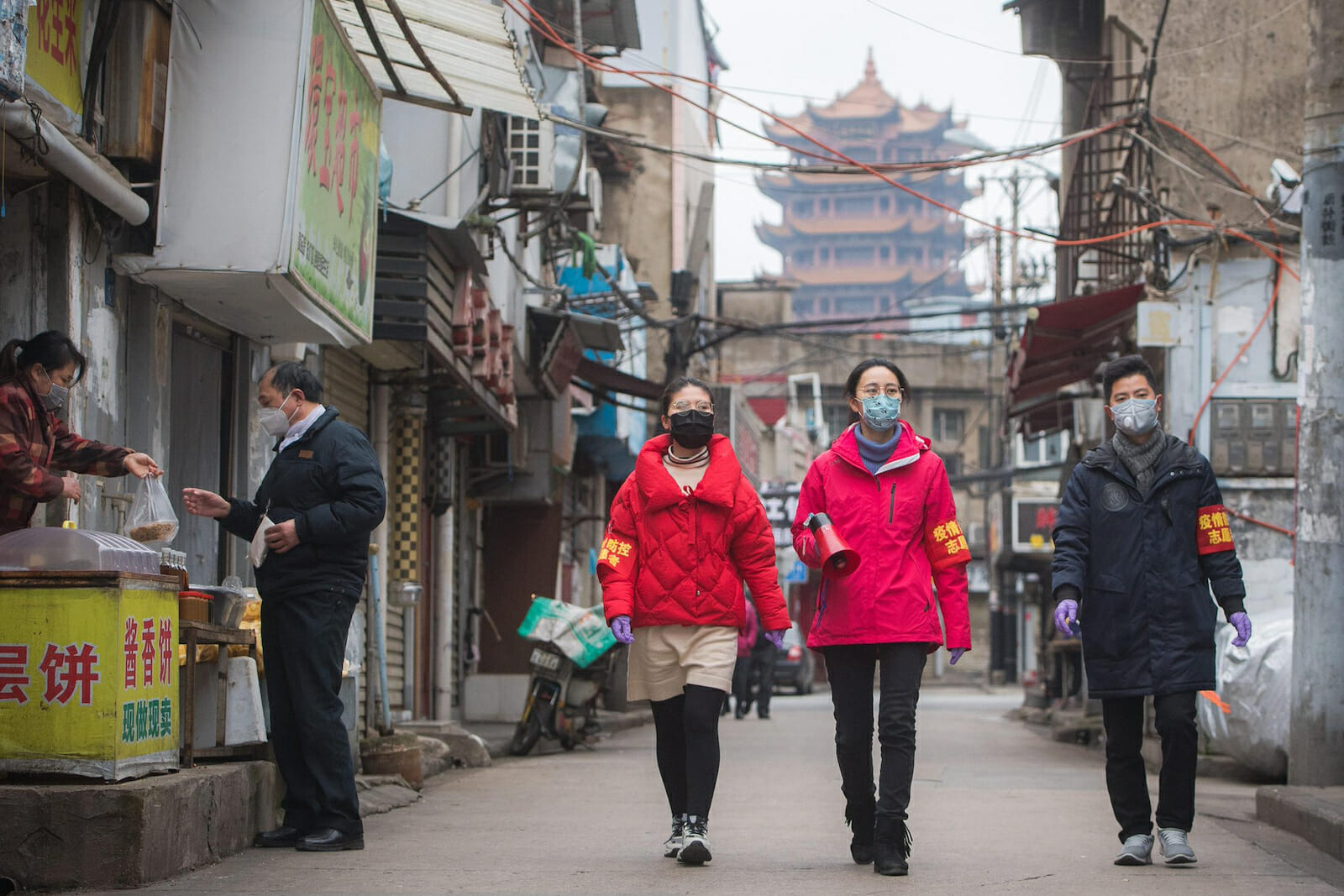
The West has Some Lessons to Learn from China Regarding COVID-19
Many Western governments continue to agonize over how to respond effectively against COVID-19. Proponents of free speech, movement, and thought continue to resist their governments’ attempts to craft and enforce universal national strategies to conduct a war against this virus. In America, state governments’ ability to create policies that apply only to their citizens, and which often stand in sharp contrast to neighboring states or federal guidelines, often end up putting individual liberty ahead of the resulting collective harm. States have been given the mandate to act because the Trump administration does not want to accept responsibility for doing so. The opposite of leadership, common sense, consistency, and enforcement from the White House and the federal government stands in sharp contrast to what has occurred in some other countries around the world.
The Chinese government has been roundly criticized for its failure to act swiftly and transparently at the outset of the virus, resulting in its rapid global spread. However, once the government decided to declare war against the virus, it did so with bravado and military-like efficiency – a fact that much of the Western press failed to widely report and continues to deny Beijing credit for. Trump has often said that America tests more of its citizens than any other country in the world, but it is dwarfed by the sheer scale of testing throughout China. In May, the Chinese government tested the entire population of Wuhan (11 million), has continued to engage in mass testing by the hundreds of millions, and announced earlier this month that it would test the entire population of Qihao (9 million) in just 5 days’ time as a result of the outbreak of a dozen new cases of COVID-19.
That type of mass testing is emblematic of the seriousness with which the Chinese government has tackled this menace. The government’s surveillance of its citizenry is unrivaled in the world; here is an instance where the entire Chinese population has collectively benefited from the government’s use of big data, AI, and surveillance technology. Today, in many parts of China, citizens do not feel the need to wear masks because they feel confident that the government has gained control over the virus and will respond with lightning speed to new outbreaks when they occur.
Such a draconian approach to managing the virus is highly effective but will remain little more than a dream in most countries in the world, which lack either the resources, capability, or wherewithal to implement such a scheme. Many of the citizens of China no doubt revel in the fact that the country is virtually virus-free, with great freedom of movement, and that their government has done such a good job of managing the virus, while much of the rest of the world still struggles to contain COVID-19. Whereas the U.S. government has failed miserably to step up to the plate, and while many American citizens cannot even fathom how poorly their government has responded to the pandemic, the Chinese government has given the world a master class in disaster management.
Regardless of the type of government a country may have, its citizens either benefit or pay a price. The price of having a feckless, incompetent, and irresponsible government in America is that millions of its people have become infected and hundreds of thousands of its citizens have needlessly died and will continue to die in the coming months. The benefit of having a motivated, competent, and resourceful government that can respond with military precision to a national emergency is apparent for all to see.
This pandemic will undoubtedly go down in history as a contrast in political ideologies as much as in the battle between mankind and nature, and the hopeful triumph of medical technology. It is putting to the test the political, economic, social, and cultural diversity of the world’s nations as never before, and has already proven just how fragile the world’s functional ecosystems are in the era of globalization. In laying bare the strengths and weaknesses of the world’s nations, it is also serving to challenge some conventional wisdom about what is, or is not, a preferred method of governance. In this battle, America is badly floundering while China has put itself in a position to dust itself off and move on.
This article was originally posted in the South China Morning Post.

